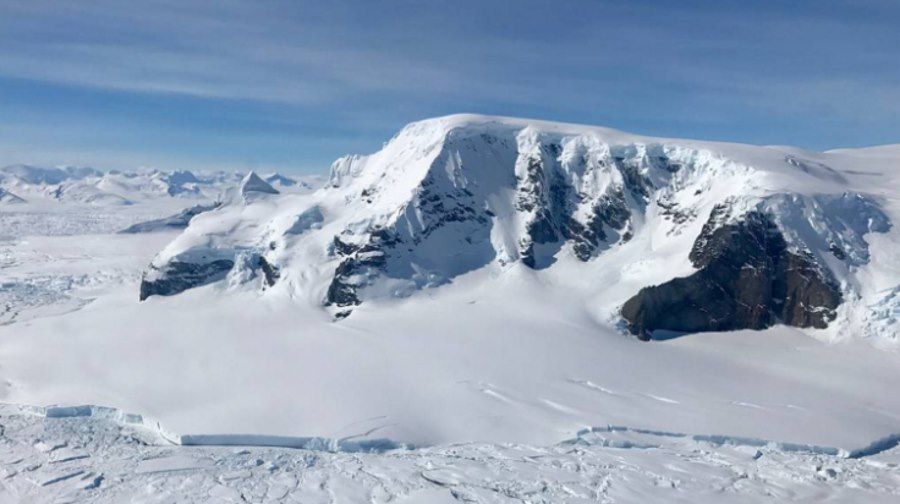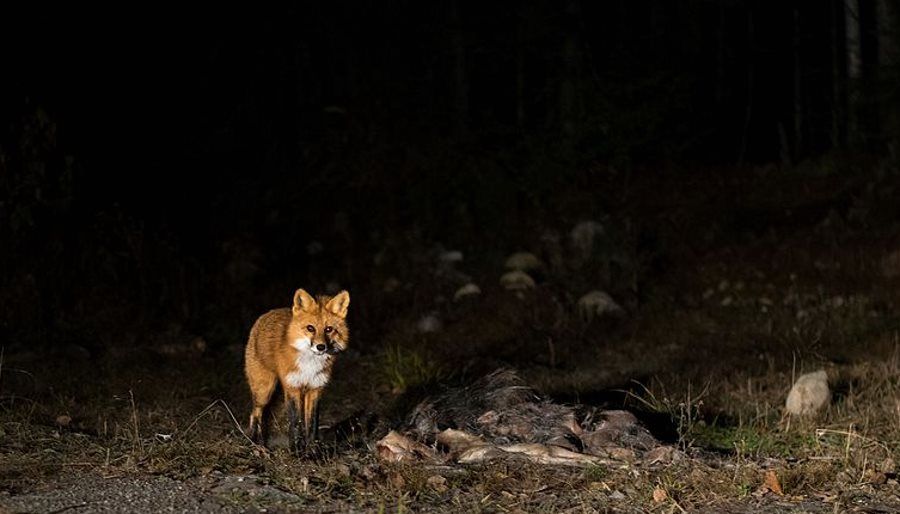The Antarctic ice sheet is melting faster and faster. The rate of ice loss has increased sixfold
The rate of melting of the Antarctic ice sheet has increased rapidly over the past four decades. Antarctica is now losing more than six times as much ice each year as it did in the 1980s. – results from a new study.
Researchers have so far believed that the melting lod Antarctica comes headownie of the unstable West Antarctic ice sheet. New research based on climate models and analysis of satellite imagery taken over the past 40 years indicates that a planet thought to be largely isolated from the effects of theoIn climate change, the East Antarctic ice sheet can roalso melt at a rapid pace.
The results of the research were published on the „Proceedings of the National Academy of Science”. RoThey differ from the resultoin a large study from a year ago (for more on last year’s analysis, see the text: Antarctic melting has accelerated rapidly in recent years), but if confirmed, it will radically change the shape of forecasts for Antarctica itself and the rise in the level of morz and oceanow.
East Antarctica’s ice sheet has 10 times more ice than its rapidly melting western neighbor. West Antarctic ice sheet, whichorej base is below sea level, long considered most vulnerable to climate change. In addition, warm streams melt it from underneath.
According to a study conducted by scientistsow from the University of California, Irvine, Jet Propulsion Laboratory and the Dutch University of Utrecht, Antarctica saw a six-fold increase in annual ice mass loss between 1979 and 2017. Accelerated melting has caused global sea level to riseofame at this time by 14 mm.
– As the Antarctic ice sheet melts in the coming centuries, sea level is expected to rise by many metersow – said Eric Rignot of the University of California, head of theowny author of the publication.
Rignot and colleagues conducted the longest-ever assessment of Antarctic ice mass. The study included data from four decades of. The project was rown geographically extensive. Scientists have studied 18 regionsoin Antarctica, as well as the surrounding islands.
The data considered in the study came from high-resolution aerial photographs taken by NASA’s Operation IceBridge, satellite data acquired from several space agencies, climate models and satellite data from theoIn the Landstat program, whichore since the early 1970s. gather information on m.in. Antarctic ice sheet.
Teamo³ scientistsow found that between 1979 and 1990, Antarctica lost an average of 40 gigatons of ice per year (a gigaton is 1 billion tons). But between 2009 and 2017, the Antarctic ice sheet was already losing about 252 gigatons of ice per year. The rate of melting has increased sharply over the past four decades.
However, as Rignot pointed out, one of the key findings of this study is the aforementioned contribution of East Antarctica to the total loss of Antarctic ice cover in recent decades.
– East Antarctic areas in the Wilkes Territory have always been an important contributor to the loss of ice mass, as far back as the 1980s., as shown by our research – said Rignot. – This region is probably more vulnerable to climate change than traditionally assumed. This is extremely important because it has much more ice than West Antarctica and PoAntarctic peninsula combined,” he stressed.
The scientist added that areas thatore losing the most ice, adjacent to warm ocean water. In turn, climate change is causing the ocean watersow are warming fastest precisely in these regions. On top of that, researchers suspect that intense polar winds may push warmer and warmer waters under eastern Antarctic regions, making the situation even worse. The increasing strength of these window is due in part to rotemperature differences between Antarctica and the rest of the world, and as global warming progresses, this rothe heat is likely to intensify further.
– The longer we looked at the pictures, the more we realized that this is a very fragile system. Once it is destabilized, we won’t be able to stop the process,” Rignot pointed out.



